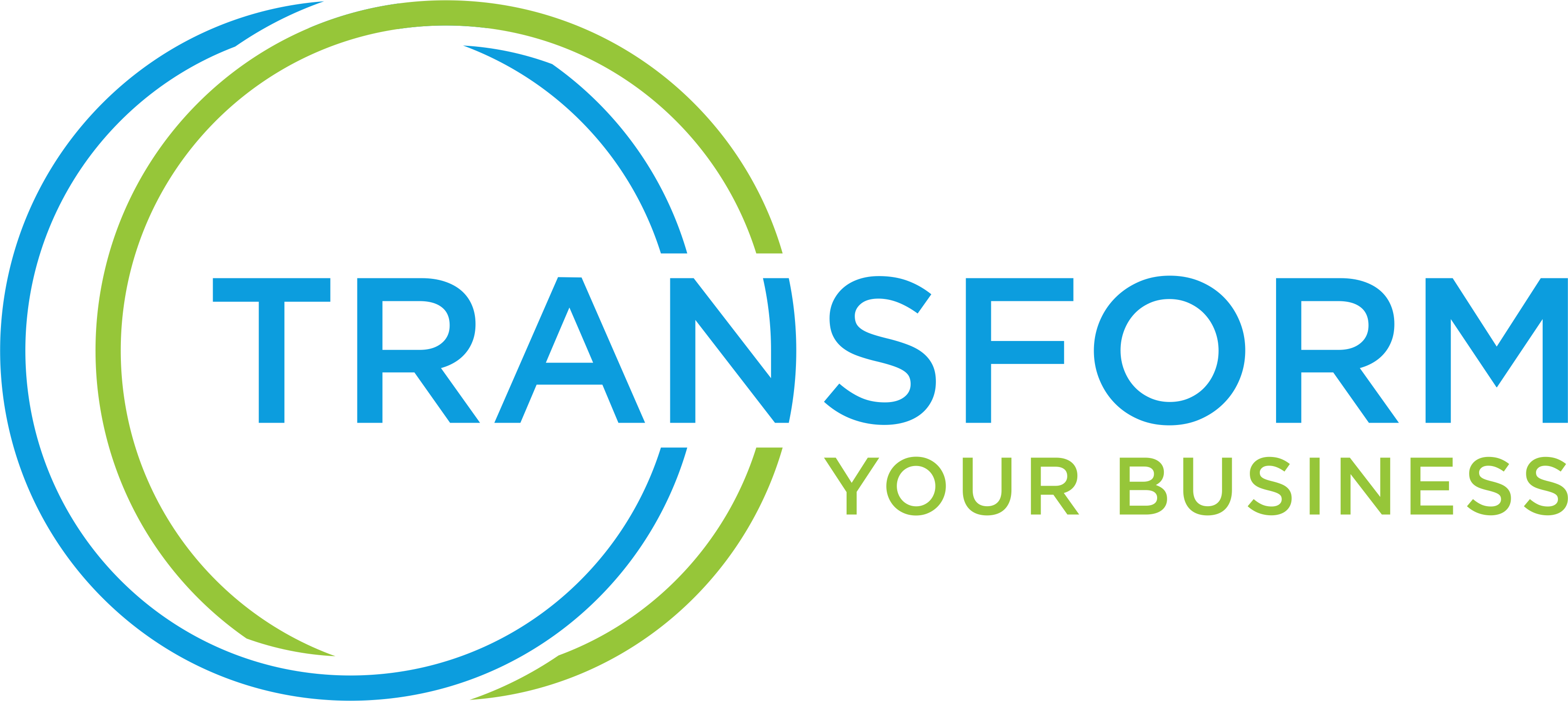In today’s tech-driven world, Artificial Intelligence (AI) is transforming how businesses operate and compete. Recently, industry leaders like Bayer and Microsoft have partnered to create AI models fine-tuned with specialized data, paving the way for a new era of business-specific AI solutions. For Small and Medium-Sized Businesses (SMBs), this shift presents unique opportunities to harness AI without extensive customization costs. With the right insights, SMBs can implement these models to drive growth, streamline operations, and maintain a competitive edge.
Below, we explore five key takeaways from Bayer and Microsoft’s AI venture and how these industry-specific models can benefit SMBs.
1. Industry-Specific AI Models Tailored for Business Needs
Unlike generalized AI, industry-specific models are designed with targeted data to serve particular business functions, making them highly effective. Bayer’s collaboration with Microsoft has created an AI model for agriculture that answers specialized questions, from crop protection to ingredient compliance. For SMBs, using models fine-tuned with industry-specific insights can provide accurate, reliable solutions that improve decision-making and reduce the learning curve associated with broad AI systems.
2. Data as a Competitive Advantage
Bayer’s AI models leverage over a century of agricultural data, enabling the company to offer profound, actionable insights to other agriculture-related businesses. SMBs in data-rich fields can similarly use proprietary information to fine-tune their AI models, resulting in competitive advantages and unique service offerings. Leveraging internal data in an AI model ensures customized solutions that address specific client needs, ultimately strengthening brand credibility and client satisfaction.
3. AI as a Revenue-Generating Tool
Bayer’s strategy of licensing its specialized AI models reveals AI’s potential as a revenue stream. By developing AI tools suited to specific market needs, SMBs can offer these solutions to clients as part of a premium service package, creating new income opportunities. For instance, an SMB in financial services could develop compliance-focused AI tools to support clients, allowing them to generate additional revenue through high-demand, data-backed solutions.
4. Building Strategic Partnerships to Access Expertise
Bayer’s partnership with Microsoft highlights the importance of strategic alliances in AI development. For SMBs, teaming up with established tech providers can help fill data or expertise gaps, making AI adoption smoother and more effective. Partnering with AI solution providers or leveraging platforms like Microsoft Azure can give SMBs access to specialized tools without the resource-heavy task of creating these solutions in-house.
5. Leveraging AI Marketplaces for Cost-Effective AI Solutions
Microsoft’s AI catalog allows companies like Bayer to list AI models for easy licensing, making it easier than ever for SMBs to access pre-built AI solutions. These marketplaces provide SMBs with affordable access to industry-specific AI without requiring extensive development. By adopting pre-trained models that can be fine-tuned, SMBs can save time, cut costs, and bring value to clients with minimal setup, making AI accessible and practical for smaller enterprises.
Maximizing SMB Potential with Industry-Specific AI
The Bayer and Microsoft AI partnership illustrates a clear path forward for SMBs looking to integrate AI into their operations. By leveraging industry-specific AI models, SMBs can harness the power of targeted data insights, unlock new revenue streams, and streamline operations. Whether through strategic partnerships or accessing pre-built AI marketplaces, these insights empower SMBs to stay competitive and thrive in a digital-first economy.
Related Blogs:
5 Key Insights On Transforming Your SMB With AI Powered Hardware – tybsolutions.com
5 Strategies for SMBs to Manage Costs in 2024 – tybsolutions.com

